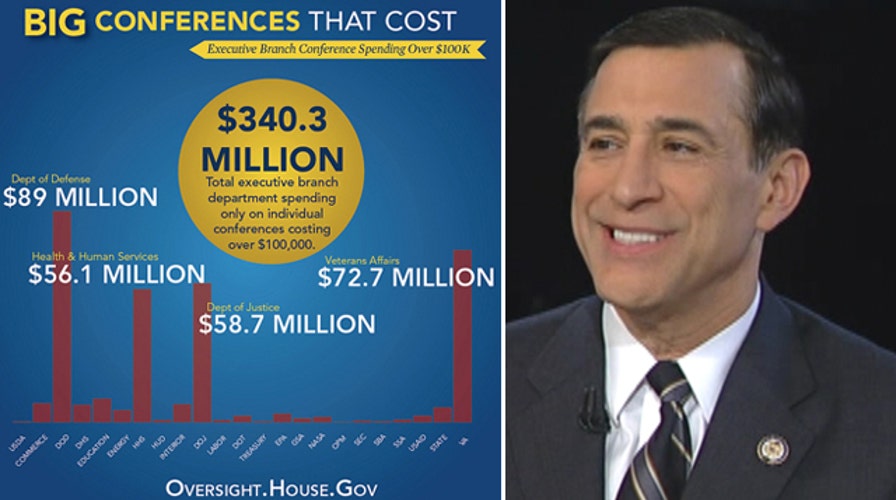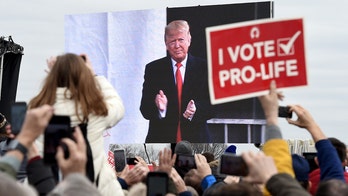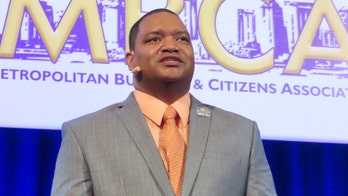Government employees exploit blank check of taxpayer money
New congressional report shows taxpayers picked up $340 million tab for at least 894 conferences in 2012
The infamous Las Vegas bash held by the obscure General Services Administration wasn't that unusual after all.
The lavish 2010 conference, which cost over $800,000, had lawmakers fuming last year. But a new congressional report shows taxpayers picked up the tab for at least 894 conferences in 2012 -- to the tune of $340 million.
Those figures only cover "big-ticket" conferences -- or those that cost $100,000 or more -- so the total figure is likely higher.
The numbers, released in conjunction with a hearing Wednesday on the House Oversight and Government Reform Committee, come as the federal government braces for automatic spending cuts set to hit Friday. Some lawmakers have claimed that Washington could offset the impact by trimming the waste -- be it low-priority hires, needless government studies, or conferences.
The latest numbers showed some agencies are far more fond of their annual and special-occasion conventions than others.
Some agencies held only a few big-ticket conferences. The Labor Department held just four, keeping the total bill under $1 million. Even the GSA -- which has cut back on its conference spending in light of the Las Vegas scandal -- held only three.
But the Defense Department, which is also the biggest department in Washington, held nearly 300 conferences at a cost of $89 million.
The Department of Veterans Affairs held 127 at a cost of $72.7 million; the Justice Department held 107 at a cost of $58.7 million; and the Department of Health and Human Services held 140, at a cost of $56.1 million.
The hearing and report follow a slew of revelations on pricey conferences. While the VA did not report its numbers to the committee, the agency came under fire last year for two conferences allegedly costing more than $6 million the summer before.
Included on the list of expenses was $52,000 spent to produce a video parody of the movie "Patton."
The Department of Veterans Affairs claimed to be cracking down on its conference policy in light of the allegations, last year ordering an outside review of training policies and conferences.





